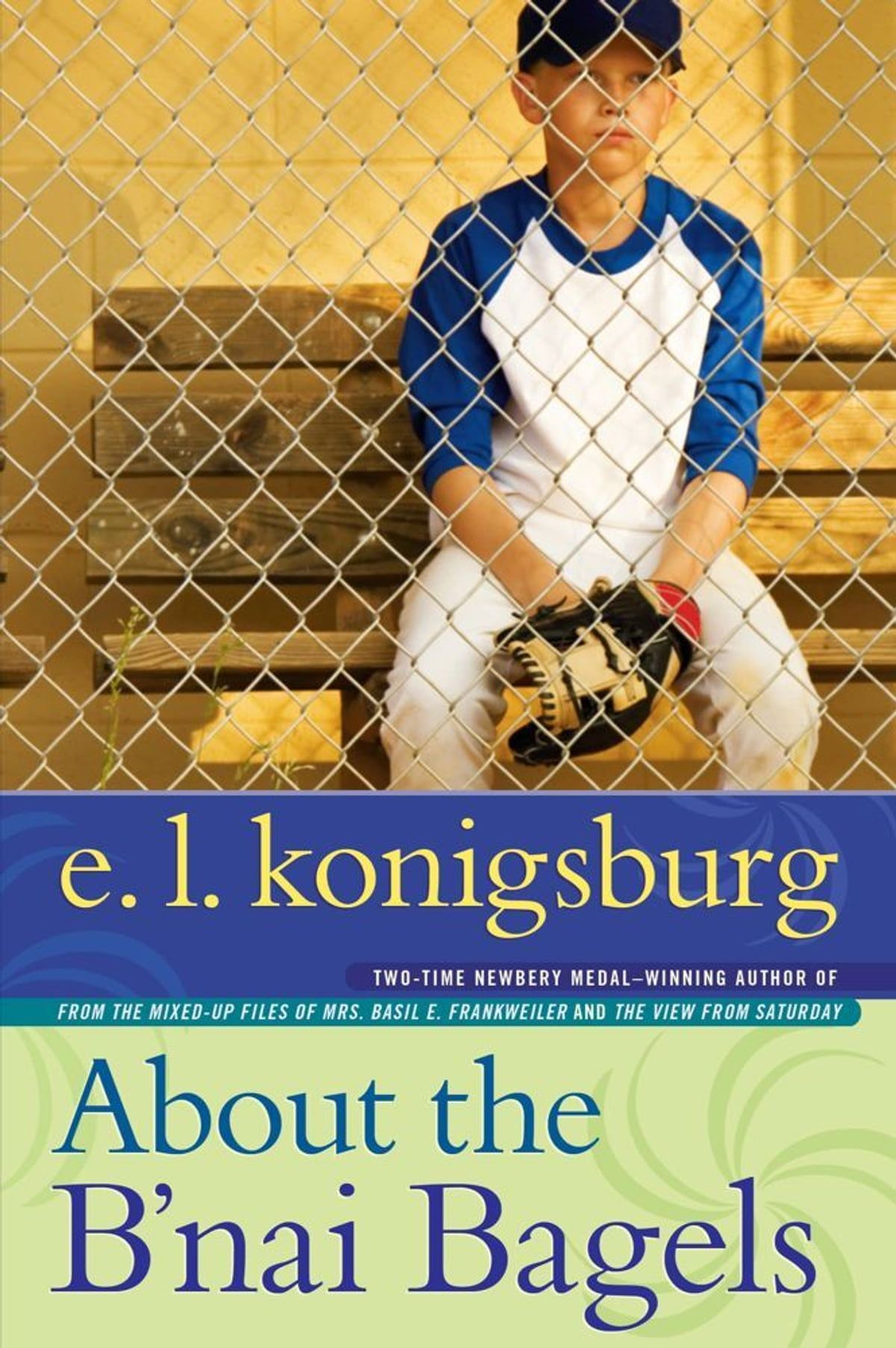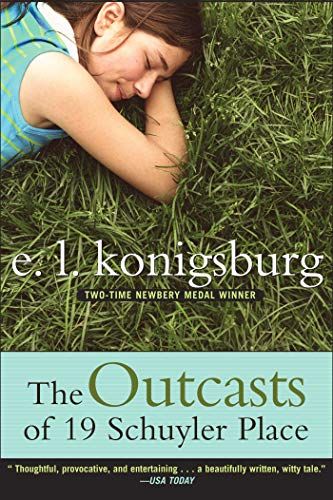Reading Pathways: E.L. Konigsburg
February 10 is author E.L. Konigsburg’s birthday, and while most people are familiar with her classic children’s book From the Mixed-Up Files of Mrs. Basil E. Frankweiler, she wrote more than 20 books, including picture books. Born to two Jewish immigrants, Konigsburg grew up in small towns in Pennsylvania. She was valedictorian of her high school class, majored in chemistry at Carnegie Mellon, and was the first person in her family to earn a college degree.
Konigsburg started writing in the mornings after her third child went to school. In 1968, she won the Newbery Medal for Mixed-Up Files, and was also awarded a Newbery Honor for her book Jennifer, Hecate, Macbeth, William McKinley, and Me, Elizabeth. She is the only author to be awarded both in the same year. Almost 30 years later, in 1997, she won the Newbery again for her novel The View From Saturday.
In 2006, she was a U.S. nominee for the Hans Christian Andersen award, for her contributions to children’s literature. She died in 2013 at the age of 83, from complications of a stroke that she had the week before.
Konigsburg tackled many topics that other authors might not have touched in children’s literature more than 30 or 40 years ago: antisemitism, racism, classism (About the B’nai Bagels), pornography (also B’nai Bagels), mental health (George), and diversity — many of her books have racially diverse characters or disabled characters — to name a few. Was this always handled the way we would expect it to be handled now? Of course not, because these books were written decades ago and our language and use of language has changed and evolved, as it should constantly be doing. I have cringed when reading some of her writing. But there are also some amazing scenes where characters point out the explicit racism or ableism of other characters, and where mothers don’t hesitate to dress down their entitled, sexist sons and husbands. Keeping the time period when these were written in mind when I reread (and read for the first time) many of her books, it felt a bit groundbreaking to me.
In that respect, while I absolutely love Mixed-Up Files, I think it’s a shame that more of her work isn’t mentioned or taught. Other books of hers are much more diverse and layered, diving into some pretty deep topics.
Many of Konigsburg’s characters are precocious kids — or at least that’s how they read to me. Kids who overthink, overanalyze, and likely stand on the fringes of social scenes. They’re very articulate, kind of quirky, and feel deeply. Especially with some of her older books, this can make for some very dated, stilted reading. But in her later books, which I tend to enjoy more, the writing feels smoother and more relaxed.
If you’ve read Mixed-Up Files and are interested in exploring other books by Konigsburg, here are some that I’d suggest.
 About the B’nai BagelsFirst published in 1969, this is one that’s definitely dated in its language and some scenes, but I think it exemplifies the kinds of characters Konigsburg often writes, as well as the topics she tackles. Mark is nervous about his upcoming Bar Mitzvah: things are weird with his former best friend who moved to the rich part of town and now hangs out with an annoying kid, and to make things even worse, his mom signed up to manage his Little League team — and his brother’s the coach. Keep in mind, this was 1969, so to have a mom do this is not a small thing. Mark’s brother and even his dad make some comments, which his mom nips in the bud. When the team starts winning, things are great — but when he finds out some information that could change everything with the team, Mark has some hard decisions to make. This feels like a snapshot of Jewish suburban life in the late ’60s, almost reminiscent of The Wonder Years, with the observations about one’s family and social life. |
 The View from SaturdayThis was published in 1996 and won the Newbery in 1997, and as you read it, it’s clear why. The characters are the same observant, quirky, highly articulate kids that are on the fringes. Konigsburg addresses racism and ableism in this book in various ways, and the whole book felt a bit Westing Game–esque to me. Not in the sense of a big mystery (although there is a slight mystery), but how there are layers to everyone and everything, with nothing being quite as it first seems. It centers around four students who have been chosen to be on an Academic Bowl team, who call themselves The Souls. No one expected them to win, but when they start beating everyone else, the spotlight is on them. Their teacher, Mrs. Olinski, is asked how she chose them, and as each of their stories unfold and intersect, we can slowly piece together how and why. In my opinion, this should be the book for which Konigsburg is known. |
 The Outcasts of 19 Schuyler PlaceOne of the last that Konigsburg wrote, this is a delightful book set in 1983 and follows a 12-year-old named Margaret. After “prefer[ing] not to” do most things at summer camp within the first week, one of her great-uncles picks her up and takes her back to his house while her professor parents are in Peru. Her great-uncles Alex and Morris have built fabulous sculpture towers in their backyard that have stood there for more than 40 years — but as their town has been slowly gentrified, now people want to tear the towers down because they don’t fit into the town’s “history.” There is so much in this book to discuss, but Konigsburg doesn’t bite off more than she can chew: themes of bullying, overarching authority, friendship, and who gets to decide what are all expertly woven together. (I will say, though, that there are some pretty cringey, ableist assumptions of Jake, the handyman at camp, by Margaret and other campers, and I would have thought a book published in 2004 would be different, but upon further reflection, I realized perhaps not). |
Konigsburg is a classic children’s author, but there’s more to her than a night at the museum — which book will you choose first?
If you’re looking for even more children’s books, check out this post on the most influential children’s books of all time, or this post about the best children’s books of 2022.
Copyright
© Book Riot
